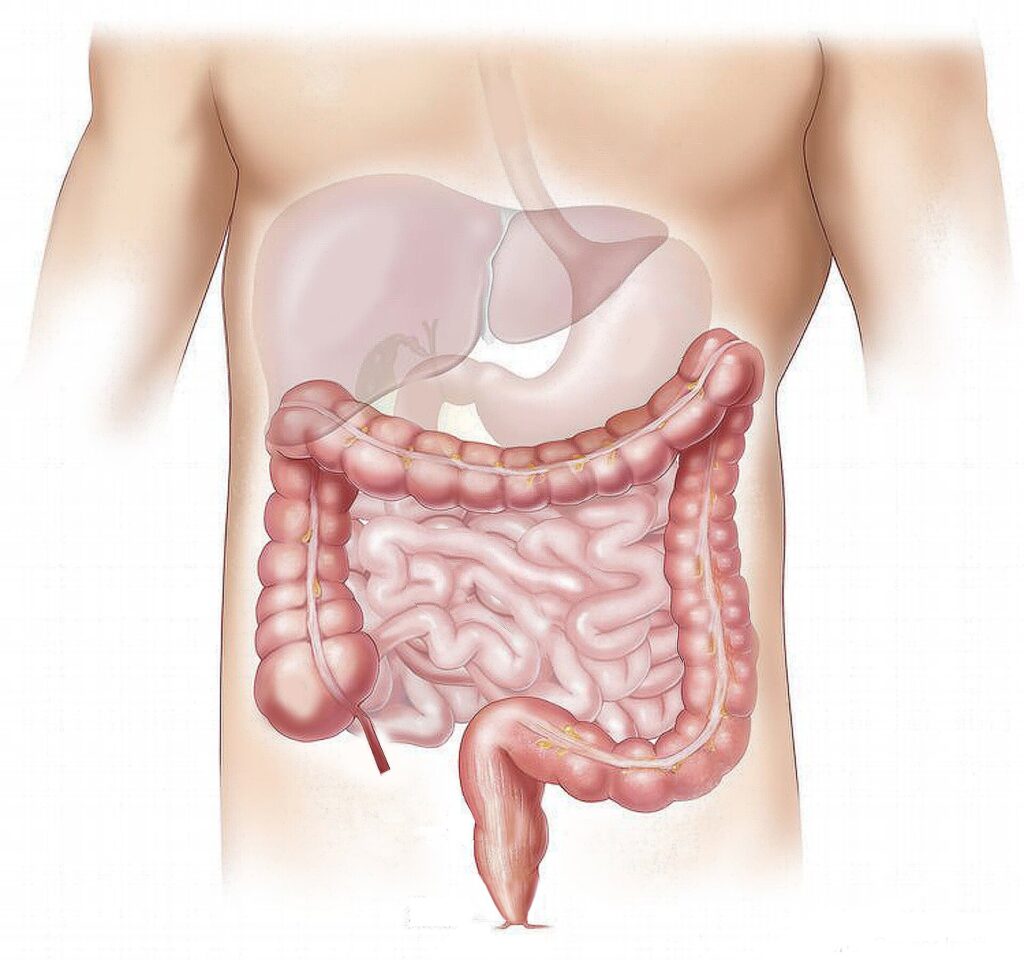
Early-onset gastrointestinal (GI) cancers are rising at alarming rates worldwide, with the United States experiencing an especially rapid increase, surpassing other early-onset cancers such as breast cancer. This is according to two comprehensive literature reviews conducted by the Dana-Farber Cancer Institute.
The reviews, published in prestigious journals including JAMA, delve into the incidence, risk factors, and treatment approaches for early-onset GI cancers. The findings highlight a concerning trend that extends beyond colorectal cancer to include gastric, esophageal, and pancreatic cancers, among other less common GI malignancies. Early-onset GI cancer is typically defined as being diagnosed in adults younger than 50 years.
Colorectal Cancer: The Leading Culprit
Colorectal cancer emerges as the most prevalent early-onset GI cancer globally, accounting for over half of the cases. However, the rise in younger adults is not limited to this type alone. “Colorectal cancer is the most common early-onset GI cancer worldwide, but it is not the only one rising in younger adults,” stated Dr. Kimmie Ng, senior author of the review and director of the Young-Onset Colorectal Cancer Center at Dana-Farber. “Unfortunately, pancreatic, gastric, and esophageal cancers are also increasing in young people.”
The increasing incidence underscores the urgent need for enhanced prevention strategies and early detection methods. Despite existing screening guidelines recommending colorectal cancer screening starting at age 45 for average-risk individuals, only 19.7% of U.S. adults aged 45 to 49 were screened in 2021, revealing a significant gap in early detection efforts.
Screening and Prevention: A Critical Need
Dr. Thejus Jayakrishnan, co-author of the review, emphasized the importance of screening adherence. “Screening adherence is absolutely critical. We have strong evidence that colorectal cancer screening saves lives by reducing both the number of people who develop colorectal cancer and the number of people who die from it.” Each missed screening represents a lost opportunity to detect cancer early or to prevent it altogether by identifying and removing precancerous polyps.
Rising Incidence Among Younger Populations
A related review published in the British Journal of Surgery noted a 14.8% increase in newly diagnosed cases of early-onset GI cancers between 2010 and 2019. This rise disproportionately affects Black, Hispanic, Indigenous populations, and women. Dr. Ng, senior author of the review, along with Dr. Sara Char and Catharine O’Connor, highlighted that the steepest rise is seen in the youngest age groups.
For instance, individuals born in 1990 are twice as likely to develop colon cancer and four times as likely to develop rectal cancer compared to those born in 1950. Recent CDC data further indicated a more than tripling of colorectal cancer incidence in individuals aged 15 to 19 and nearly doubling in those aged 20–24.
Risk Factors and Genetic Predispositions
Both reviews identified several common risk factors associated with early-onset GI cancers. Modifiable lifestyle factors such as obesity, poor diet, sedentary lifestyle, smoking, and alcohol consumption play significant roles. Nonmodifiable factors include family history and hereditary syndromes like Lynch syndrome. The JAMA review found that 15% to 30% of these cancers have pathogenic germline variants, indicating a hereditary predisposition.
The authors advocate for genetic testing for all patients with early-onset GI cancers to assess familial risk and guide treatment. Treatment approaches for early-onset GI cancers often mirror those for later-onset cases, involving chemotherapy, surgery, and radiation, though younger patients may receive more aggressive treatment with similar or shorter survival rates.
Call to Action and Future Directions
The reviews call for the establishment of specialized centers with multidisciplinary teams to support patients with early-onset GI cancers, addressing unique challenges such as fertility preservation, parenting, and psychosocial distress. “Taken together, these two reviews are a call to action for further research on why rates of GI cancers are increasing in younger adults,” said Dr. Ng.
Currently, data on pancreatic, gastric, and esophageal cancers remain limited. This comprehensive analysis aims to raise education and awareness, as digestive system cancers account for a significant proportion of cancer-related deaths in younger adults in the U.S. and globally.
As the medical community grapples with these findings, the emphasis remains on research, prevention, and early detection to combat the rising tide of early-onset GI cancers.







